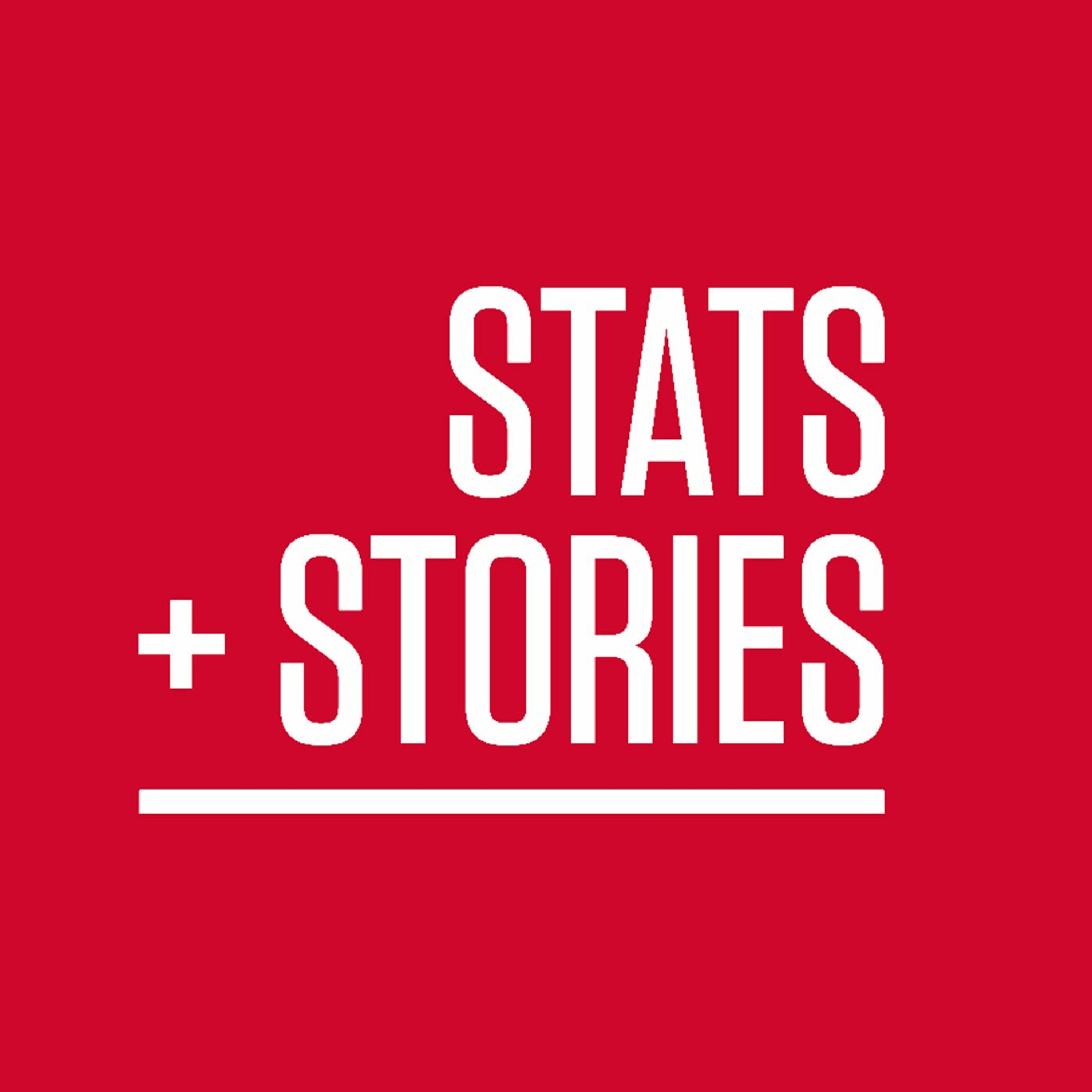
How We Understand Uncertainty | Stats + Stories Episode 168
Stats + Stories
Shownotes Transcript
Communicating risk is difficult at any time but during a pandemic, communicating risk well can be what keeps a disease from spreading, as one public health official has put it, like wildfire. During the COVID 19 pandemic, experts, journalists, and elected officials have all been working to find the most effective way to communicate risk to the public. Helping people understand their risks of infection – or of infecting others – can be the thing that gets them to follow mask mandates or other public health advisories. Effectively communicating risk in COVID 19 is the focus of this episode of Stats and Stories with guests Alexandra Freeman and Claudia Schneider
Alexandra Freeman is the Executive Director of the Winton Centre for Risk and Evidence Communication, a role she took up in 2016. She previously spent 16 years working for the BBC, primarily a producer and director for BBC Science. Alexandra is passionate about bringing science to the widest possible audience. Along with working in television she has also helped develop content for computer games, social media and websites, as well as formal learning resources.
Claudia Schneider is a postdoctoral research associate with the Winton Centre for Risk and Evidence Communication and the Cambridge Social Decision-Making Laboratory. At the Winton Centre she studies the communication of uncertainty about evidence to various stakeholders, particularly the unquantified ‘quality of the underlying work’. Claudia received her PhD in Psychology from Columbia University and also held a graduate research scholar position at Princeton University. Her research focus lies at the intersection of decision science and applied social psychology. Her work uses a combination of methods ranging from quantitative laboratory surveys to field studies in diverse cultural and social settings.